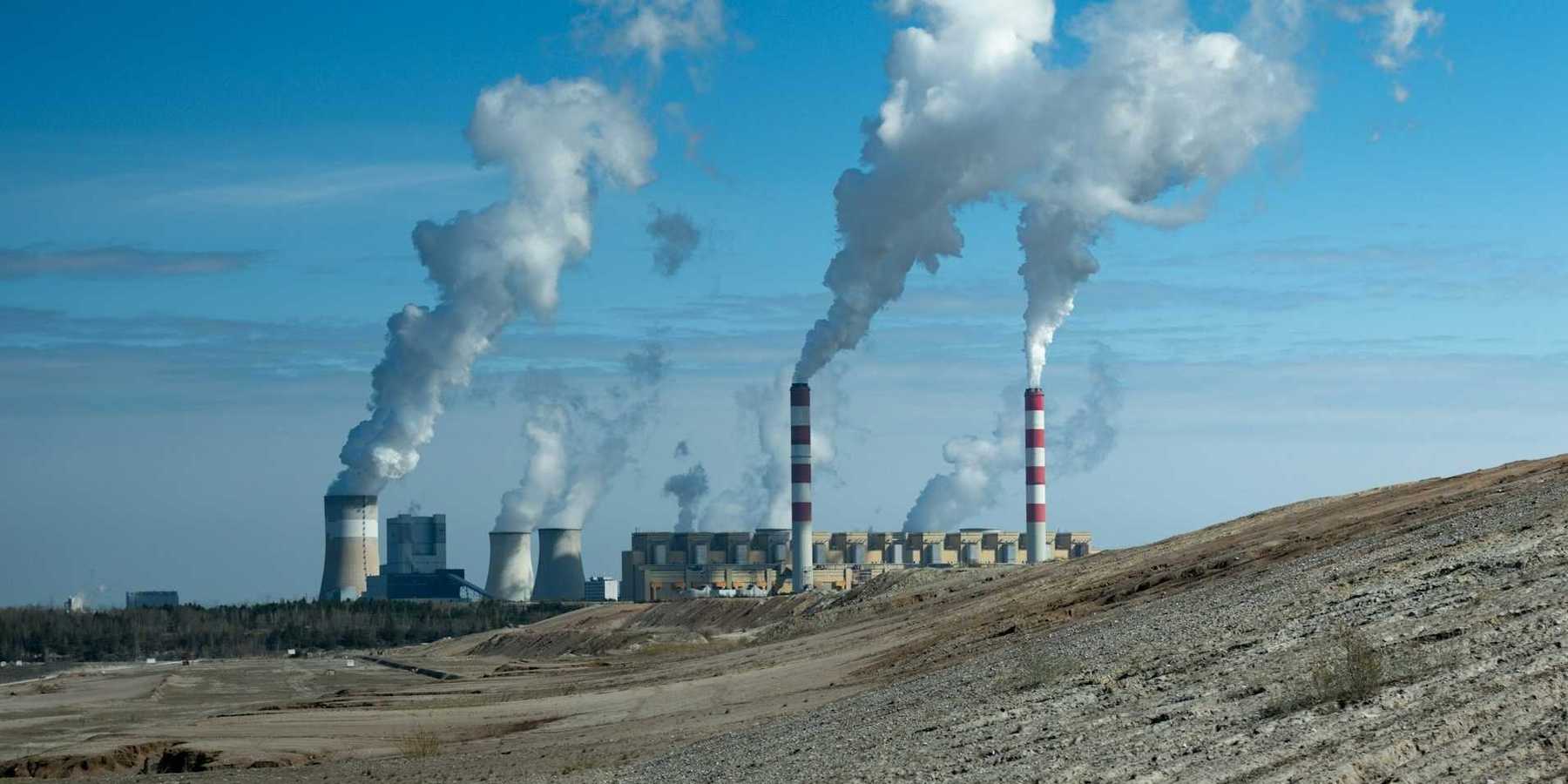Trump administration's EV rollback could cost taxpayers billions
The Trump administration is shutting down federal electric vehicle (EV) charging stations and may sell off thousands of government-owned EVs, a move that could cost the government up to $1 billion.
David Ferris reports for E&E News.
In short:
- The General Services Administration (GSA) is disconnecting EV charging stations, deeming them nonessential, despite a $300 million investment in infrastructure under the Biden administration.
- The federal government bought 25,000 EVs in recent years; selling them prematurely could result in a $225 million loss, and replacing them with gas-powered vehicles could cost another $700 million.
- The administration is also halting highway charging station construction and attempting to rescind grants for EV and battery factories.
Key quote:
“I think the word ‘unprecedented’ would be appropriate here.”
— Former Biden White House climate official
Why this matters:
Dismantling EV infrastructure could set back federal electrification efforts and increase long-term costs. EVs were meant to reduce government fuel expenses and emissions, aligning with broader climate goals. Removing charging stations and switching back to gas-powered vehicles may lead to higher fuel costs, increased emissions, and financial losses from selling nearly new EVs at a fraction of their purchase price.
Related: Republicans may stall, but electric vehicles’ momentum likely unstoppable













